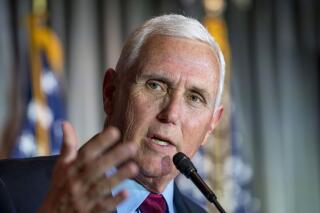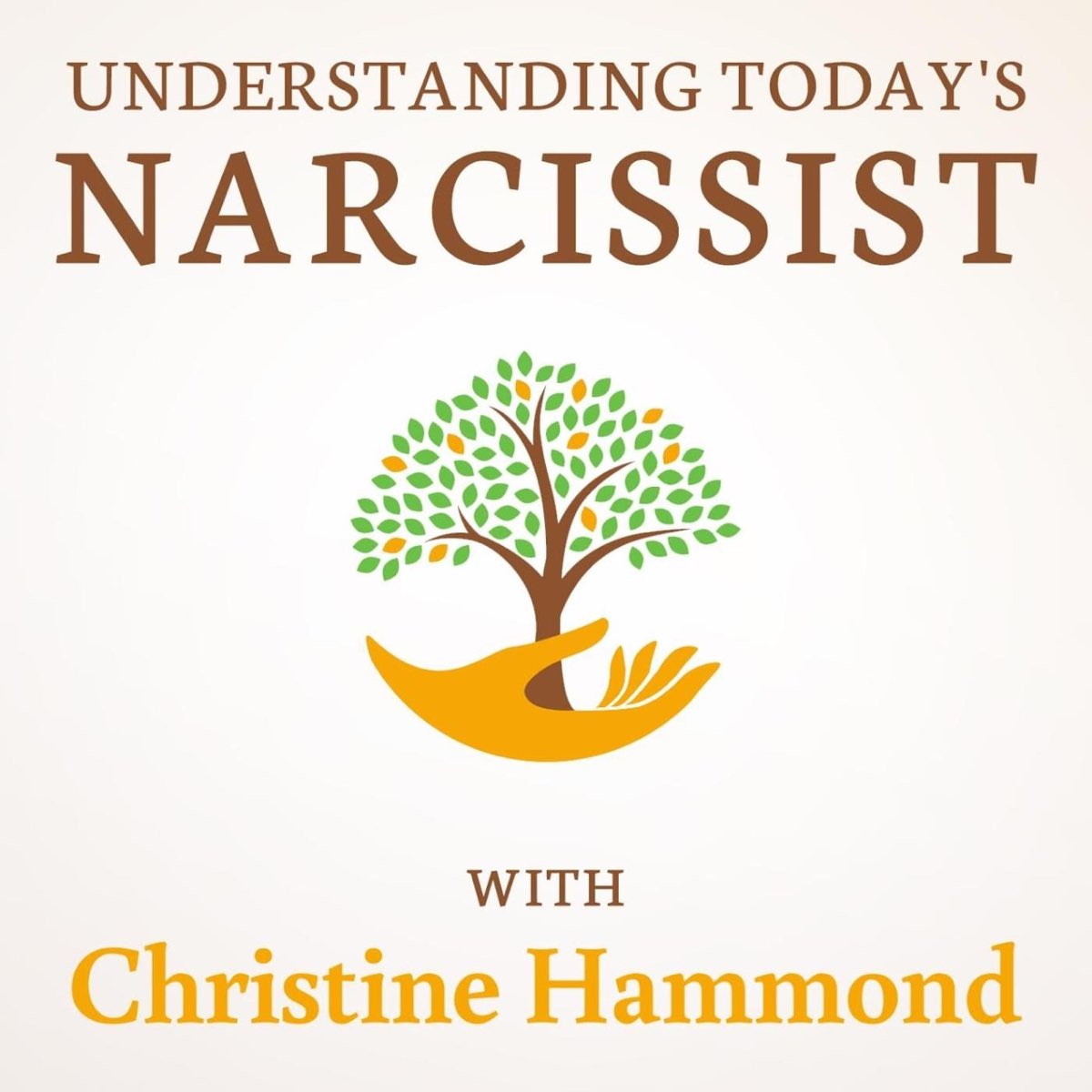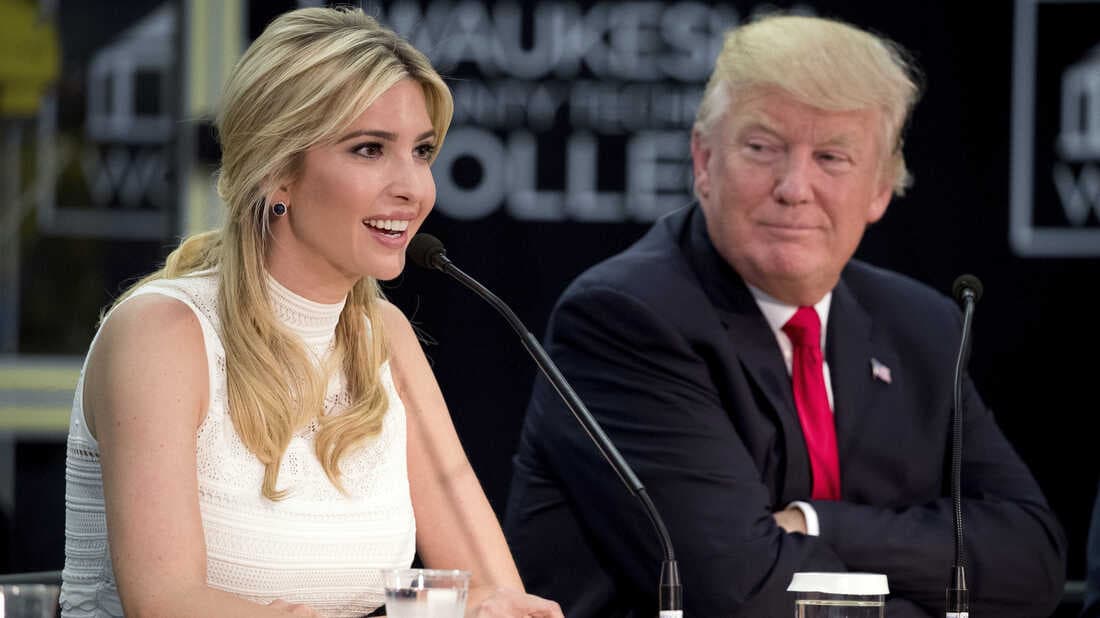Psychologists are ringing alarm bells over Donald Trump"s parenting style, warning that it embodies the disturbing characteristics of a narcissistic parent. As the former president showcases his five children in the public eye, experts assert that his behavior prioritizes his image over their emotional well-being. This unnerving dynamic not only raises questions about Trump"s personal relationships but also highlights broader societal implications.
Trump"s Children as Extensions of Himself
Trump"s public discourse often frames his children as mere reflections of his own success. For instance, he has infamously objectified his daughter Ivanka, calling her "a great piece of ass" during an interview with Howard Stern. This comment underscores a critical aspect of narcissistic parenting: when parents view their children as extensions of themselves rather than independent individuals. According to HuffPost, this can lead children to develop a "false self" that aligns with their parents" expectations rather than nurturing their own identities.
Loyalty Over Love in Family Dynamics
Experts have observed that Trump places an unsettling emphasis on loyalty from his children, often disregarding emotional connections. This prioritization creates a toxic environment where expressing dissent is viewed as a betrayal. Trump"s close ties to Don Jr. and Ivanka, who vocally support him, starkly contrast with his apparent neglect of Tiffany, who has largely remained out of the political spotlight. As noted by licensed psychologist Sarah Darrow, such dynamics can lead to adult children struggling to navigate their relationships with narcissistic parents, often feeling either overly loyal or completely alienated.

Pence says Trump "endangered my family" on Jan. 6 | AP News
Transactional Praise and Public Image
Trump"s tendency to publicly praise his children often serves a dual purpose: it reflects his personal success while simultaneously reinforcing his public image as a "good father." This transactional pattern is common among narcissistic parents, who use praise as a reward for behaviors that align with their self-interest. As described by Darrow, this form of parenting obscures the children"s unique identities and accomplishments, instead framing them as extensions of their father"s ego.
Control Through High-Stakes Roles
Narcissistic parents often involve their children in high-stakes roles, seeking to maintain control over them. Trump has placed his children in significant positions within his business empire and political operations, including appointing Jared Kushner to a senior advisor role, despite widespread criticism of his qualifications. According to Karen Marker, a licensed therapist, this tactic not only reinforces a parent’s control but also serves to remind children of their dependency on their parent’s approval and positions.

Understanding Today"s Narcissist - Podcast - Apple Podcasts
Favoritism and Its Damaging Effects
Trump"s favoritism towards Ivanka is glaringly evident. He has openly referred to her as his "favorite," while other children, particularly Tiffany, have been largely ignored. This dynamic can be psychologically damaging, fostering resentment and insecurity among siblings. As highlighted by Marker, favoritism is a common tactic among narcissistic parents, often used to manipulate children into competing for affection and validation. The emotional fallout of this behavior can have lasting effects on sibling relationships and individual self-worth.







![[Video] Gunfire between Iraqi security forces and Sadr militias in Baghdad](/_next/image?url=%2Fapi%2Fimage%2Fthumbnails%2Fthumbnail-1768343508874-4redb-thumbnail.jpg&w=3840&q=75)
